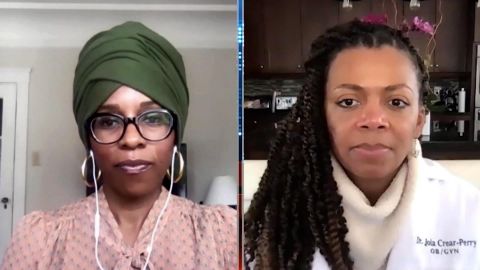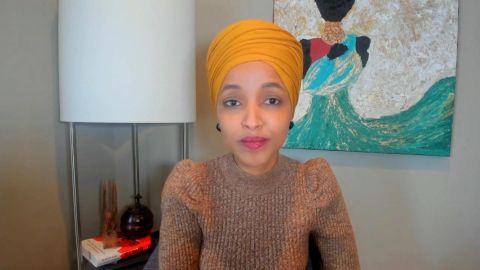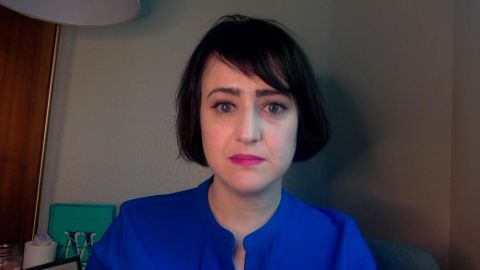Read Transcript EXPAND
MARA WILSON, ACTRESS: The narrative is, I think, the expectation that child stars are going to fail, that, when they’re in the public eye, something — that something will befall them and they will have this massive downfall, this massive fall from grace. And I think it’s something that we kind of want to see and it’s something that we encourage. I think that society wants to see young women taken down a peg and sort of punished for any kind of ambition and sexuality. And I think this is across genders. But I do think that this is something particularly that we do love to see in young women.
CHRISTIANE AMANPOUR: Did that happen to you? I mean, you also were so young when you started out. You played these amazing young characters in these films that I listed and many more. Did that happen to you? Were you a victim of the narrative?
WILSON: I definitely think I was a victim of the narrative. I think that it wasn’t to the extent, obviously, that Britney Spears had. And I also was not in the public eye so much when I was a teenager, so that was not as much of an issue. But I think that I felt like I had a lot of people sort of rooting for my downfall. And when I turned 13 or so, I had people commenting on my looks, commenting on my body, both in a sexualized way and a critical way, and doing things and saying things that would be extremely wrong to do to any teenage girl. But because I was in the public eye, it was seen as acceptable. So, I had newspapers writing about what a brat I was and what a horrible person I was. And then I also had people talking about how I wasn’t cute anymore. And then I had grown men writing me letters about my body and my face and all of these kinds of things and telling me they were in love with me and sexualizing me all over the Internet and the newspapers and all of these kinds of things. So, I felt like I had that kind of pressure. And there was always the expectation that I had to be a good girl, I had to be a people-pleaser, because, otherwise, people would think that I was a brat and they wouldn’t want to work with me anymore, and that would be the end of my career and essentially my life. And that was what the implication was to me, that I had to just tolerate it and I had to deal with it, because, otherwise, I wouldn’t be able to function and I would lose the love and career that I had.
AMANPOUR: So what happened? Because you did take a break from that career that you had. How did it — what was the denouement for you?
WILSON: It was really just too much pressure for me, I think. And I think, at that point, I was sort of tired of Hollywood, because Hollywood was very sort of regimented, and I felt very much like I had to do this and I had to be this. And I felt like I was struggling with that. I also was in a very awkward age where I didn’t have the look that Hollywood wanted, and I felt sort of like I was being rejected with fans. I didn’t understand the term objectify, but that’s what I was. I was an object for people’s consumption.
About This Episode EXPAND
Rep. Ilhan Omar discusses security as the U.S. Captiol. Actress Mara Wilson reflects on how Hollywood and the media treat female child stars. Doctors Rhea Boyd and Joia Crear-Perry discuss “The Conversation: Between Us, About Us,” a video series featuring Black doctors, nurses and scientists intended to provide credible information about vaccines.
LEARN MORE


